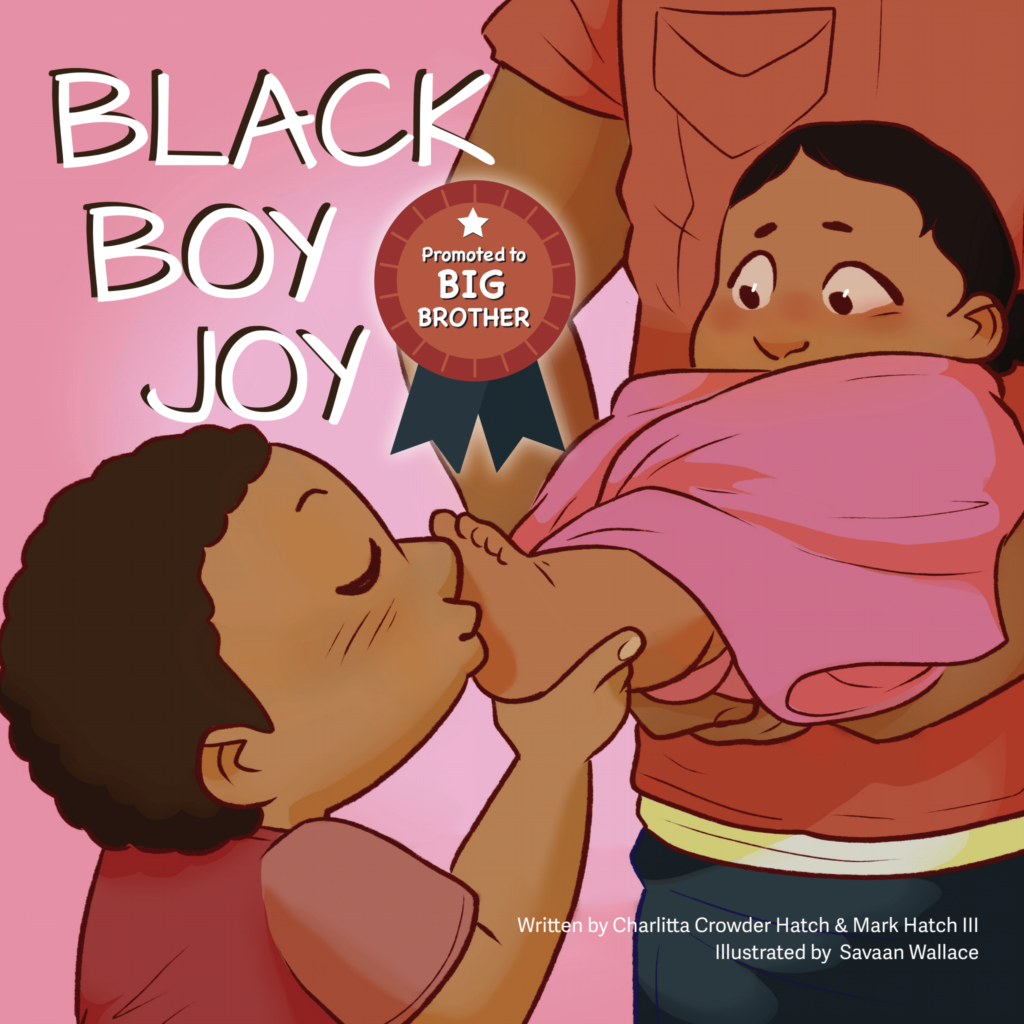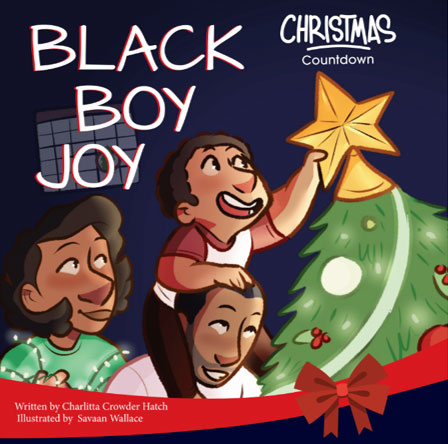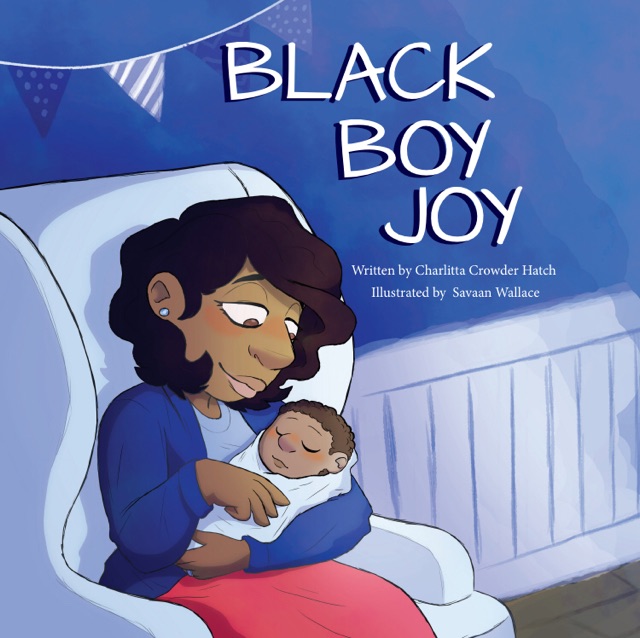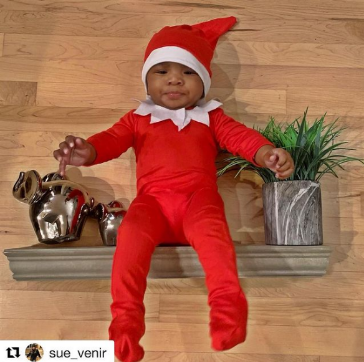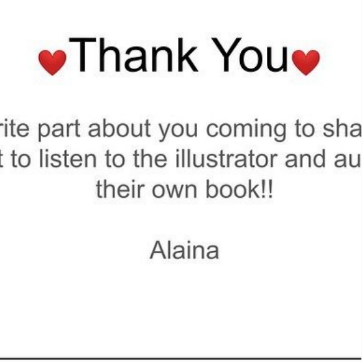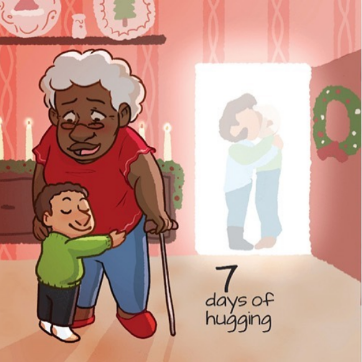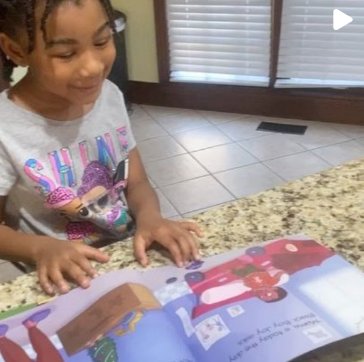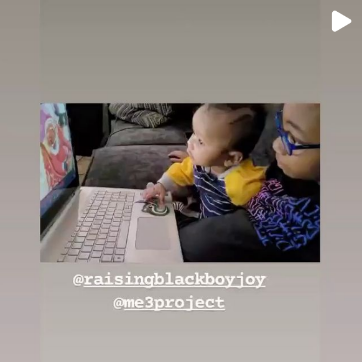Fears Of An Autistic Child

Diversity is being invited to the party and Inclusion is being asked to dance.
Our in-house Diversity and Inclusion expert, Nasiya Acklen shares with us ways to build inclusive homes and communities.
 I read a personal story from one of my Facebook friends about something that made him extremely upset. As he, his wife, and his three children were wrapping up brunch, their 5-year-old son began to beat on his chair like a drummer. Despite his dad asking him twice to stop – restless while waiting on the check – the boy continued beating on the seat. One of the ladies seated at an adjacent booth came around to address the boy and said “Hey cutie, can you not bang on your seat? You’re shaking ours over here. Ok? Thanks.” Instead of seeing it as helpful, her actions actually infuriated my friend and he proceeded to list a few reasons for his feelings:
I read a personal story from one of my Facebook friends about something that made him extremely upset. As he, his wife, and his three children were wrapping up brunch, their 5-year-old son began to beat on his chair like a drummer. Despite his dad asking him twice to stop – restless while waiting on the check – the boy continued beating on the seat. One of the ladies seated at an adjacent booth came around to address the boy and said “Hey cutie, can you not bang on your seat? You’re shaking ours over here. Ok? Thanks.” Instead of seeing it as helpful, her actions actually infuriated my friend and he proceeded to list a few reasons for his feelings:
- Considering the boy’s parents were present, the lady should have addressed the parents – not the child.
- Their son has autism; so as his dad he, is sensitive to how his son’s quirks (such as repetitious beating) impact other people. He also expressed concern that since his son’s autism is not severe, more often than not the young man might be addressed in an inconsiderate or derogatory manner.
- The lady’s decision to address the child left both parents with the perception that she assumed they are incapable of managing their children.
- Given the current social and political climate, a white woman addressing the black child introduced micro-inequities and was a quite pacifying passive-aggressive approach.
When I first read this post, I considered it thought-provoking because it is easy to have a knee jerk reaction and pick sides until you put yourself in both of their shoes. Even though I myself am not a parent, I immediately sided with my friend’s sentiments about how inappropriate it was for this woman to address a small child, especially with their parent’s sitting right there. I quickly suspended my judgment as I thought of a scenario where I might have been guilty of the same through haste: for instance, when a child is kicking my seat on an airplane. While I haven’t actually done it before, I’ve definitely envisioned myself saying to a child in a sweet polite voice to mask my true frustration: “Will you please not kick my chair. Thank you.” But that doesn’t make it ok. As an adult, we must remember that our actions are capable of putting a child or his/her parent in a precarious predicament.
As I continued to role play this situation in my mind, I wondered how well that interaction would play out. Would the parents be receptive or respond defensively? Where is the appropriate threshold of allowing a kid to be a kid versus stopping their disruptive behavior to others in their presence? How do we address those situations when the viewpoints collide?
These are generally difficult questions for any parent to answer, but now we must join them with the intersectionality of a child with a learning disability. According to an April 2018 report from the CDC, autism prevalence in the US is reported to be as high as 1 in 59 children and even higher for boys (1 in 37). Several of the identifying behavioral characteristics across the autism spectrum could be deemed by others as common annoyances or even worse, outright defiance. Famed celebrity comedian, DL Hughley, has been quoted as saying he fears for his son with autism because his defiance could get him killed. DL noted that about 85% of incarcerated youth have a disability, and a disproportionate percentage of these detained youth are youth of color as corroborated by the National Council on Disability.
 While many of us might be familiar with autism, it is still a disease that is not always easily recognizable; It is a type of cognitive diversity that needs to be met with both empathy and patience. Autism quietly challenges our societal norms and just as the lady that spoke to his son in the restaurant, quite possibly you may have encountered it unbeknownst to your perceptions. While I’m sure that she did not mean to be offensive in any way, this story is a reminder that we never know what struggles or journeys another child or parent might be going through. An adult directly addressing someone else’s child could potentially skew the messages intent and the associated levels of hierarchy. Let us all learn to go forth in the world and be more gentle with each other. Relax. Relate. Release!
While many of us might be familiar with autism, it is still a disease that is not always easily recognizable; It is a type of cognitive diversity that needs to be met with both empathy and patience. Autism quietly challenges our societal norms and just as the lady that spoke to his son in the restaurant, quite possibly you may have encountered it unbeknownst to your perceptions. While I’m sure that she did not mean to be offensive in any way, this story is a reminder that we never know what struggles or journeys another child or parent might be going through. An adult directly addressing someone else’s child could potentially skew the messages intent and the associated levels of hierarchy. Let us all learn to go forth in the world and be more gentle with each other. Relax. Relate. Release!
Continue dancing with love,
Nasiya
“My mission in life is not merely to survive, but to thrive; and to do so with some passion, some compassion, some humor, and some style.” –Maya Angelou
#Blackboyjoy Discussion Starters:
- What would you say if someone politely asked you to stop your child from a behavior that inconvenienced them?
- Have you or someone you know encountered a similar scenario? Is there anything you wish you had done differently?
If there are particular diversity and/or inclusion topics of interest that you would like to see a blog posting, please let us know.
 Nasiya Acklen
Nasiya Acklen
Nasiya Acklen is a native of Nashville, TN. She matriculated at Hampton University for her undergraduate degree and received her MBA from Cornell University. Nasiya is currently a Human Resources professional at a Fortune 500 company and has a burning passion for being a change agent, particularly in the realm of Diversity & Inclusion. Nasiya has adopted Maya Angelou’s quote as a personal mantra: My mission in life is not merely to survive, but to thrive; and to do so with some passion, some compassion, some humor, and some style.

